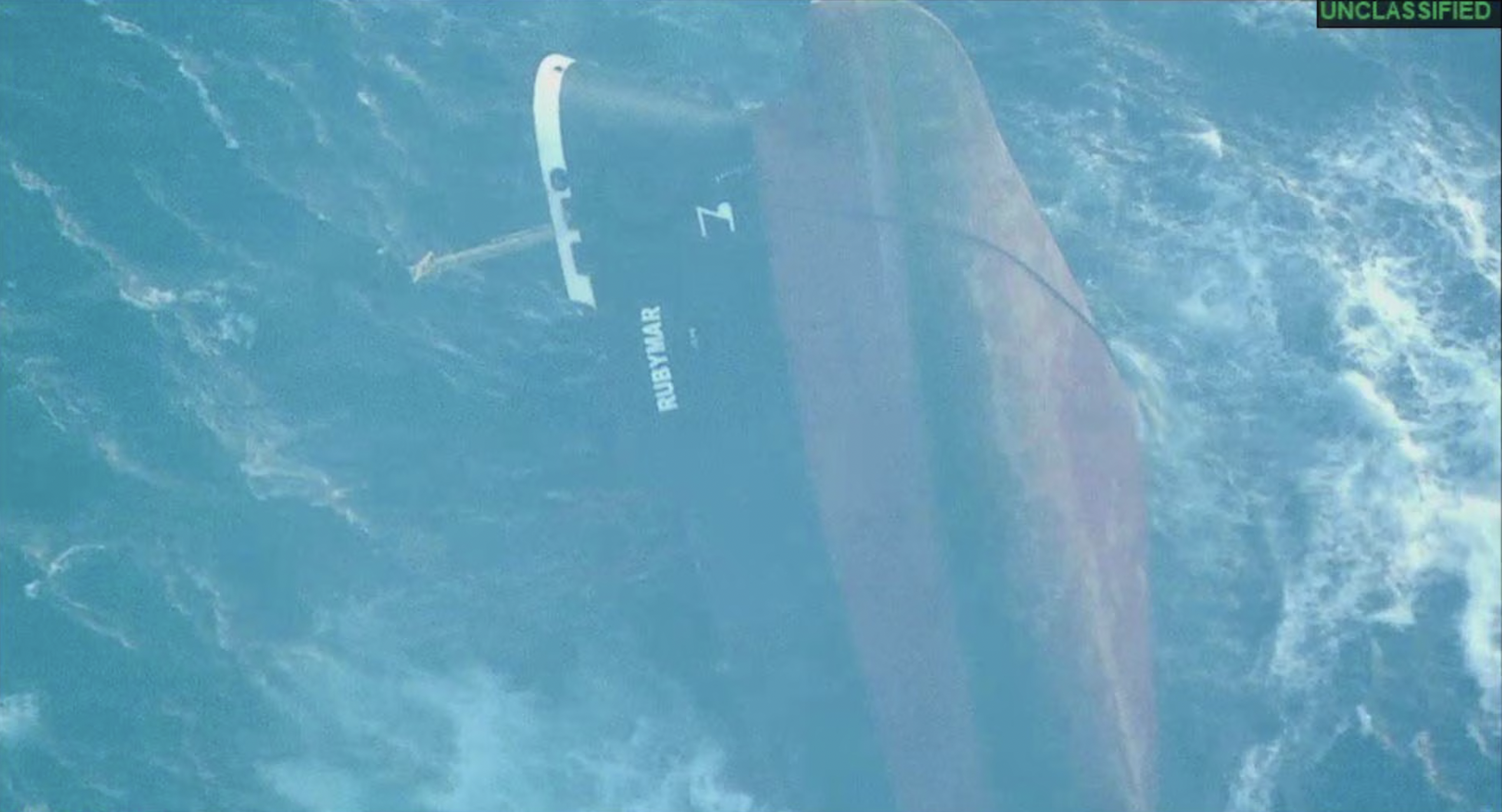Syria, can we still believe in diplomacy?
 (BRUXELLES2) This Tuesday, I took part in the debate program of Morning First "#Connexions" (hosted by Pascal Claude) with Gilles Kepel, a connoisseur of the Arab world around an excellent theme: "Syria, can we still believe in diplomacy?". The show was short, too short to tell everything (it's the law of the genre). So here are some additional thoughts.
(BRUXELLES2) This Tuesday, I took part in the debate program of Morning First "#Connexions" (hosted by Pascal Claude) with Gilles Kepel, a connoisseur of the Arab world around an excellent theme: "Syria, can we still believe in diplomacy?". The show was short, too short to tell everything (it's the law of the genre). So here are some additional thoughts.
On Syria, Europe plays a little in the folding seats. It is necessary to recognize it. The European Union is generally not comfortable with such "tough" conflicts. And has few means of reacting and of control on a ground where the protagonists — Iran, on the one hand; Qatar and Saudi Arabia want to do battle, by interposed fighters, against the backdrop of the Shiism/Sunnism divide. In this "proxy" war, all in all quite classic of the Cold War, we find an equally "classic" dialogue between "Big", between the United States and Russia. But the Europeans - like others - have made some "errors" of assessment or judgement.
Syria is not Tunisia
The first and very common error was doubtless to believe in the euphoria of the "Arab springs", after the fall of Ben Ali in Tunisia, of Mubarak in Egypt, that the Syrian regime was going to fall in a few weeks, after a few scuffles. However, each country in the Middle East has its rhythm, its history, its rigidities and weaknesses, but also its strengths.
To demonize Bashar, by demanding his immediate departure, while the means to make him leave were very limited, was also very imprudent. Especially since we had - at that time - no personality or party to replace him (we still don't really have one by the way).
Finally, by setting up an arms embargo, on its own, without any international agreement, Europe has trapped itself on its own. Because everyone in the world continues to deliver weapons to the protagonists. A situation that generally benefits the one who holds the power.
The Europeans are therefore condemned either to witness the massacres as spectators, issuing from time to time a "violent" oral protest and sending some humanitarian aid, or to get more involved politically and militarily. For the moment, it is clear that the first option wins out, politically and diplomatically, Europe remains sluggish. And Russia wins.
The Russian crowbar
Underestimating the Russian will to stop letting go was also strong. However the signs were noticeable. The Kremlin's policy, explained in particular by the Russian diplomats posted in Brussels, leaves no doubt about this desire to return to the heart of the debate. Humiliated over Kosovo, and by the American desire to set up an anti-missile shield, Russia reacted by intervening in Georgia in 2008. Considered negligible over Libya, Russia is now reacting over Syria . It uses it as a lever - a real "crowbar" in the door - to (re) impose itself as a leading interlocutor in the Middle East. Whether in negotiations with Iran, on nuclear power, its weight in Syria, pending the expression of a project for peace in the Middle East, Russia is therefore making a comeback. Moscow therefore does not automatically have an interest in ending the conflict. Just in its "containment". It's cynical... but it's the political reality. Like the West, however, Russia has an interest in ensuring that destabilization does not spread throughout the area.
The fractured unity of Europeans...
In this game, the Europeans are playing with reduced wings. Because on the one hand the "2 big ones" hold to a soliloquy and leave him no room. But also because they are divided. To be exact, they are fractured, even suffering from multiple fractures. Between partisans of a hard line, those partisans of a dialogue; those who want to quickly recognize the CNS as the interlocutor, those who want to preserve other interlocutors; those who want to deliver weapons, those who don't; those who have troops in the region (Austria in the Golan, Italy in Lebanon...)...we have multiple fault lines. This division does not date from today.
... on a symbol imprint region
The Middle East is, moreover, a permanent headache for the European Union, as the positions are so diversified between the pro-Israelis and the pro-Arabs. Another difficulty: the Europeans do not have an embassy/delegation in Iran, which does not make things any easier. Like having put - or want to put - on anti-terrorist lists, half of the organizations involved could also complicate it.
Commercial coffee according to Kepel
However, to say like Gilles Kepel that the European diplomatic structure has never produced any effect anywhere and why spend on it is very simplistic and not really up to his talents as a political scientist. We are more in the "commercial coffee" than in scientific analysis. In Somalia and in the Horn of Africa, as in the Balkans, in areas where we will leave it the "first hand", the European system has proved its effectiveness... The Syrian conflict is just as much the failure of international diplomacy (UN), that of the United States and, even more, that of the Arab countries, than the European failure. The stalemate in the situation on the ground is firstly due to its protagonists and then to their respective direct supporters (Russia and Iran on the one hand; Turkey, Qatar and Saudi Arabia on the other). The decision or non-decision of the Europeans carries little weight.
An alternative strategy?
In this area, Europe cannot really do things on its own, or even against others. Except to produce an alternative and differentiated strategy. This is where the whole question of European diplomacy lies. By following American diplomacy fairly faithfully, does it really have any weight? Or is it not rather by developing an alternative strategy that it will be able to impose itself as an "honest broker", an intermediary in the settlement of a conflict situation. The point of diplomacy isn't really to bond with your friends... but with your enemies. In this case, it is necessary to maintain channels of discussion with Iran, Hezbollah, and Bashar, as with the other protagonists. The way is very narrow. But it deserves to be tried or/and made official.
Read also (tag Syria:



Comments closed.